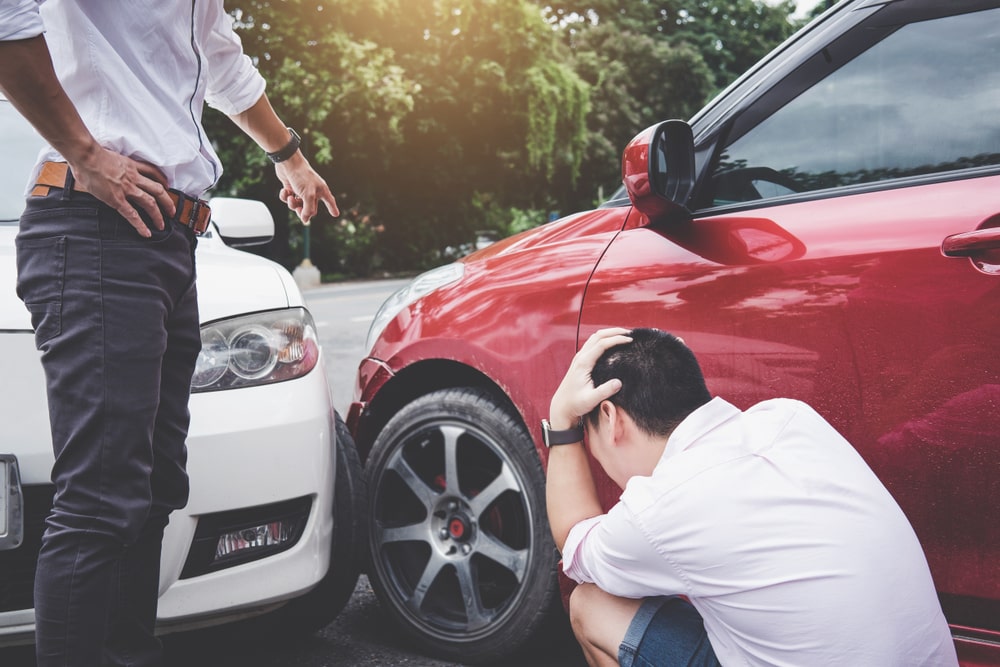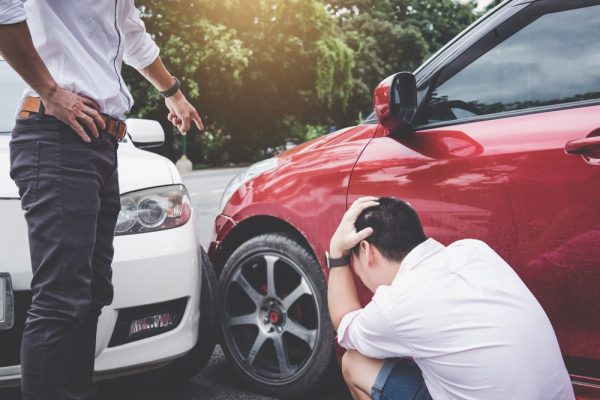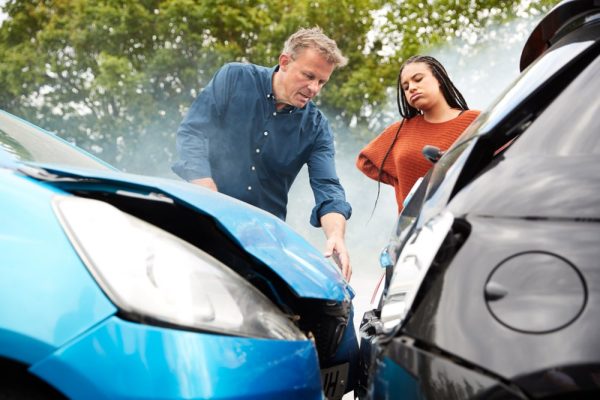
What Is Vehicle Negligence? Understanding How Careless Driving Leads to Liability
What is vehicle negligence and how does it apply in crashes?
What is vehicle negligence? It refers to a driver’s failure to act with reasonable care, leading to a traffic accident or injuries. Vehicle negligence is a legal concept used to establish fault and determine liability in auto-related claims.
When drivers fail to follow road rules or behave recklessly, they can be held legally responsible for the consequences. Understanding vehicle negligence is key to protecting your rights after an accident.
Common Types of Vehicle Negligence
There are several ways negligence can occur behind the wheel. Knowing the common types helps you identify if another driver’s actions caused your crash.
Distracted Driving
Texting, eating, using a GPS, or any other activity that diverts attention from the road is a form of vehicle negligence.
Speeding
Exceeding the speed limit or driving too fast for conditions often leads to loss of control and is considered negligent behavior.
Failing to Yield
Drivers who ignore right-of-way rules at intersections or merge points may be held liable if an accident results.
Driving Under the Influence
Operating a vehicle while impaired by alcohol or drugs is a serious form of vehicle negligence with criminal and civil consequences.
Ignoring Traffic Signals
Running red lights, failing to stop at stop signs, or ignoring traffic signals increases the risk of collisions and qualifies as negligent driving.
How Vehicle Negligence Is Proven
To hold a driver accountable for vehicle negligence, the injured party (plaintiff) must demonstrate that the negligent behavior directly caused the accident and resulting harm. This is typically done by proving the following four legal elements:
- Duty of Care – The driver had a legal obligation to act responsibly.
- Breach of Duty – The driver failed to meet that obligation (e.g., by texting or speeding).
- Causation – The breach directly led to the crash or injuries.
- Damages – The victim suffered measurable losses, such as medical bills, lost wages, or pain and suffering.
These elements form the foundation of every vehicle negligence claim. If one element is missing or unproven, the case may not succeed.
Legal Consequences of Vehicle Negligence
Civil Liability
A negligent driver can be held financially responsible through an insurance claim or a personal injury lawsuit. Compensation may cover:
- Medical expenses
- Lost income
- Vehicle repairs
- Pain and suffering
- Long-term care needs
Criminal Charges
In severe cases—like drunk driving or fatal crashes—the negligent driver may face criminal penalties on top of civil claims.
Why Understanding Vehicle Negligence Matters
Knowing what is vehicle negligence helps victims understand their rights and options. It also emphasizes the importance of collecting strong evidence, such as police reports, witness statements, and photos from the scene. Acting quickly after an accident can improve your chances of proving the other driver was at fault.
Get Help Understanding Vehicle Negligence Laws
Still asking what is vehicle negligence and how does it affect your claim? You don’t have to figure it out on your own. An experienced accident attorney can explain your rights, assess the evidence, and build a strong case on your behalf.
Visit TruckingAccident.com to request a free legal case evaluation and take the first step toward recovering the compensation you deserve.
Frequently Asked Questions (FAQs)
1. What is vehicle negligence in legal terms?
Vehicle negligence refers to a driver’s failure to use reasonable care, resulting in damage or injury to another party.
2. Can I sue someone for vehicle negligence?
Yes. If you can prove the four elements of negligence, you may file a personal injury lawsuit against the at-fault driver.
3. Is speeding always considered vehicle negligence?
Often, yes. Speeding typically violates traffic laws and may show a lack of reasonable care, which supports a negligence claim.
4. What if both drivers were negligent?
In many states, comparative negligence laws apply. Each driver’s share of fault will reduce or eliminate the amount of compensation.
5. How long do I have to file a negligence claim?
Deadlines vary by state, but most personal injury claims must be filed within 1 to 3 years from the accident date.
Key Takeaways
- What is vehicle negligence? It’s when a driver fails to act with reasonable care, causing harm.
- Common examples include speeding, texting, and drunk driving.
- Proving negligence requires showing duty, breach, causation, and damages.
- Victims may recover compensation through insurance claims or lawsuits.
- Legal advice strengthens your case and improves your outcome after a crash.





